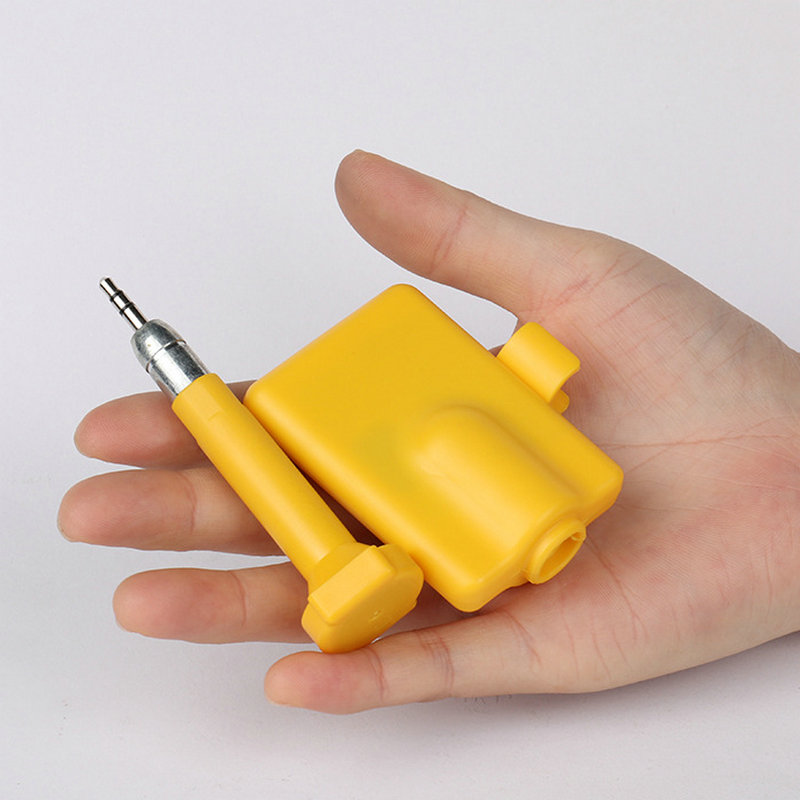RFID (Radio Frequency Identification) technology, as a new type of security seal, has shown great potential in the fields of logistics and warehousing management. Next I will talk about the role of RFID technology in item management and its prospects.
- Real-time Tracking and Location
: RFID technology enables real-time tracking and location of items. By implanting RFID tags on items, their positions can be monitored in real-time, significantly enhancing the visibility of logistics operations and reducing the risk of loss or theft.
- Automatic Identification and Recording
: Unlike traditional barcodes that require manual scanning, RFID technology facilitates automatic identification and recording of large batches of items. When items pass through RFID readers, their information is automatically read without the need for manual intervention, greatly improving the efficiency of item management.
- Anti-counterfeiting and Security
: RFID tags can be designed with anti-counterfeiting features to effectively prevent the infiltration of counterfeit products. Additionally, RFID technology enables security monitoring of items, triggering immediate alerts if unauthorized movement or tampering is detected, thus enhancing the level of item security management.
- Optimized Inventory Management
: RFID technology assists businesses in achieving real-time monitoring and management of inventory. By timely acquiring inventory information, businesses can better grasp inventory situations, optimize production schedules and logistics distribution, reduce inventory costs, and improve capital utilization efficiency.
- Lifecycle Management
: RFID tags can record the lifecycle information of items, including production, inbound, outbound, transportation, sales, etc., enabling businesses to comprehensively understand the flow and status of items, providing more accurate data support.
- Environmental Monitoring and Control
: RFID technology can also be combined with sensors to monitor and control environmental parameters. For example, in warehousing environments, parameters such as temperature and humidity can be monitored to ensure that items are stored under suitable conditions, thereby improving item quality and shelf life.
The application prospects of RFID technology in item management are very promising. With continuous technological advancements and further cost reductions, RFID technology is expected to play an increasingly important role in logistics and warehousing management, offering businesses more efficient, secure, and intelligent item management solutions.

